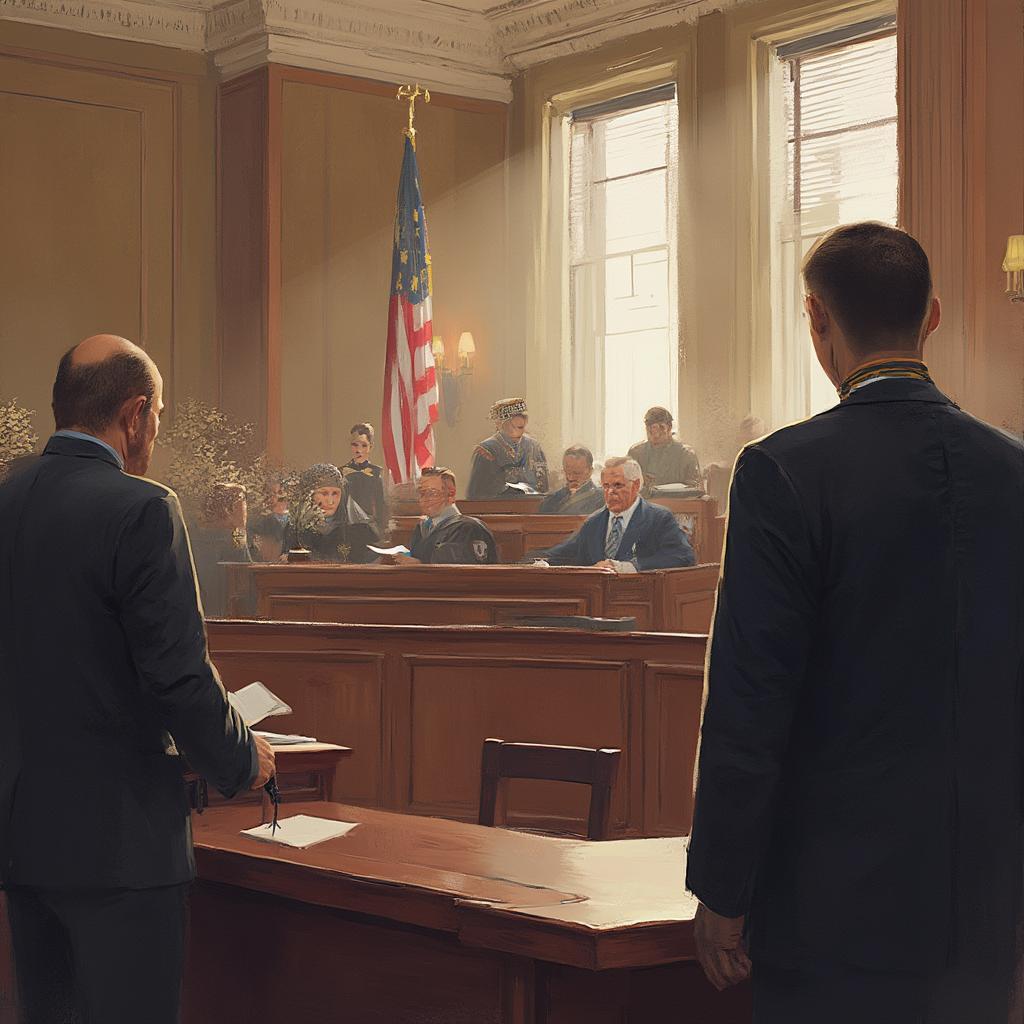
Do You Need a Lawyer to File a Restraining Order?
A restraining order, also known as a protective order, is a legal document issued by a court that orders someone to stop harming or harassing another person. The process can seem daunting, leaving many wondering, do you need a lawyer to file a restraining order? While it’s possible to file without one, legal counsel can significantly increase your chances of success and navigate the complexities of the legal system.
do you need a lawyer for a restraining order
Understanding Restraining Orders and the Role of a Lawyer
Restraining orders are crucial tools for victims of domestic violence, harassment, stalking, and other forms of abuse. They provide a legal shield, prohibiting the abuser from contacting the victim directly or indirectly. A lawyer specialized in family law or domestic violence can provide invaluable support throughout this process. They can help you gather evidence, prepare the necessary documentation, and represent you in court.
 Restraining Order Court Hearing
Restraining Order Court Hearing
Benefits of Hiring a Lawyer for a Restraining Order
Having a lawyer by your side can significantly improve your chances of obtaining a restraining order. They understand the legal requirements and can help you build a strong case. Here are some key benefits:
- Expertise in legal procedures: Lawyers are well-versed in the specific procedures and requirements for filing a restraining order in your jurisdiction.
- Evidence gathering and presentation: They can assist in gathering and presenting evidence effectively, including police reports, medical records, and witness testimonies.
- Drafting legal documents: A lawyer will ensure all paperwork is accurately and comprehensively completed, minimizing the risk of rejection.
- Court representation: They will represent you in court, presenting your case persuasively and handling cross-examination.
- Negotiating with the opposing party: In some cases, a lawyer can negotiate with the other party to reach a mutually agreeable solution, even before going to court.
Do You Need a Lawyer to File a Restraining Order? Navigating the Process Pro Se
While legal representation is highly recommended, you can file for a restraining order yourself, often referred to as “pro se.” This option can be more challenging, requiring you to navigate the legal system independently. Court clerks can provide some assistance with paperwork, but they cannot offer legal advice.
What to Expect When Filing for a Restraining Order
The process generally involves filing a petition with the court, detailing the abuse and requesting protection. You will need to provide specific details about the incidents, including dates, times, and locations. A hearing will be scheduled where you and the other party can present your cases to a judge.
how much is a lawyer for domestic violence
Protecting Yourself: Key Considerations When Seeking a Restraining Order
Regardless of whether you choose to hire a lawyer, certain key steps can strengthen your case:
- Document everything: Keep detailed records of all incidents of abuse, including dates, times, locations, and any witnesses.
- Preserve evidence: Save any threatening messages, emails, or voicemails. If you have physical injuries, seek medical attention and document them.
- Seek support: Reach out to domestic violence support organizations for guidance and resources.
Conclusion: Making an Informed Decision about Legal Representation
Ultimately, the decision of whether to hire a lawyer to file a restraining order is a personal one. While it’s possible to navigate the process pro se, having a lawyer can significantly increase your chances of success and provide crucial support during a challenging time. Carefully consider your circumstances and resources to make the best decision for your situation. If you are facing abuse, remember you are not alone and resources are available to help. Do you need a lawyer to file a restraining order? Consider the information above carefully.
FAQ
-
How long does a restraining order last? The duration varies by jurisdiction, but it can range from several months to several years.
-
Can a restraining order be violated? Yes, violating a restraining order is a serious offense with legal consequences.
-
What happens if the abuser violates the restraining order? You should immediately contact the police and report the violation.
-
Can I modify a restraining order after it’s been issued? Yes, modifications are possible under certain circumstances. A lawyer can assist with this process.
-
Is filing a restraining order expensive? The filing fees vary by jurisdiction. Legal representation will incur additional costs.
-
Can I get a restraining order against someone who doesn’t live with me? Yes, restraining orders can be obtained against individuals who do not share your residence.
-
What type of evidence is helpful in obtaining a restraining order? Police reports, medical records, photos of injuries, and witness testimonies are all valuable forms of evidence.




